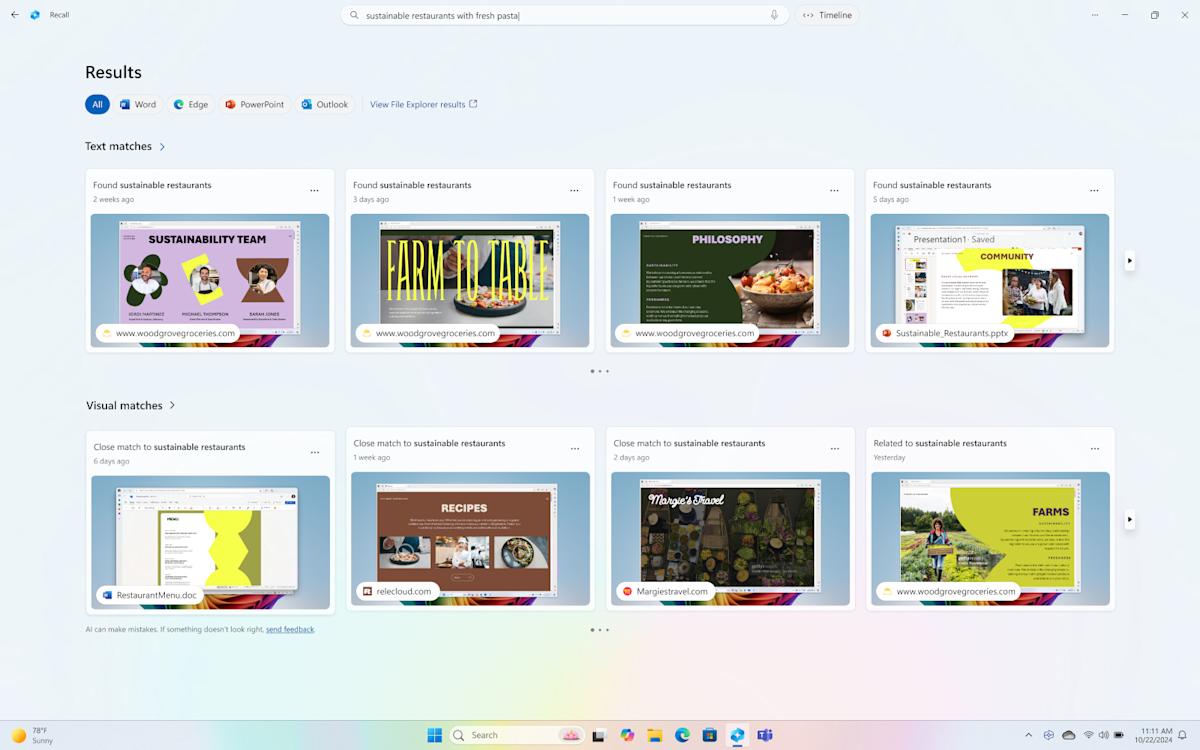Privacy Bombshell: Microsoft's Recall Feature Sparks Controversy in Latest Windows Insider Preview

Microsoft is taking cautious steps to introduce its latest innovative feature, Recall, to Windows Insiders, despite ongoing debates about potential security and privacy implications. The controversial AI-powered tool, which has sparked intense discussion since its initial announcement, is now gradually being rolled out to preview users.
As Microsoft continues to push the boundaries of AI integration in Windows, the Recall feature has become a focal point of scrutiny. Tech experts and privacy advocates have raised concerns about the potential risks associated with the feature's comprehensive data tracking and memory capabilities.
Despite the criticism, Microsoft remains committed to refining and introducing this cutting-edge technology, offering Windows Insiders an early glimpse into the future of AI-enhanced computing. The gradual rollout suggests the company is carefully monitoring feedback and addressing potential privacy challenges before a wider release.
